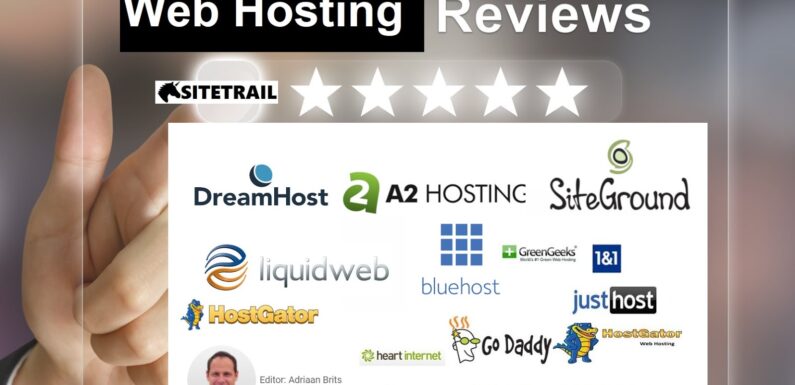
Whether you use your website for personal or business purposes, having the right web hosting company is something many site owners research well before making their decision. Although many web hosting providers offer attractive pricing, easy to use features, and alternative third-party plugin options – one thing many people overlook is security.
Yes, online security or cybersecurity is one key factor many website owners oversee, and although they might be using a web hosting provider that offers them a great subscription plan, the latter won’t be so positive in the events of your website being hacked or personal information stolen.
But choosing a web host that can give you everything you need, and more can become radically expensive, especially if you’re looking to have up-to-date and reliable cybersecurity. Let’s take a look at some things that can quickly hike up the price of your web hosting service.
The underlying importance of cybersecurity
Why is it that penetration testing has become so important and that companies like Tesla and Apple spend millions on it? Not only does cybersecurity secure and safeguard your website from online hackers, but it also ensures that your website and its content is regularly backed up. For instance, GoDaddy offers cheap prices for its hosting services, and although it might seem attractive in the start – customers will soon realize that with cheap pricing, limited features will be available.
Although customers will enjoy great features such as unlimited storage and drag-and-drop editing, there isn’t much mentioned about backup and restores included in its pricing. Cybersecurity can have a massive impact on your website, especially if your website is at risk, and more importantly, the server where your website is being stored.
Distributed Denial of Service (DDoS) Attack
Regarding how important DDoS is in terms of server and website security, a DDoS attack is when an attacker tries to bring down a server by overloading it with a large number of requests. Servers quickly become overwhelmed and the attacker can either bring down or access the server.
Before heading to checkout, ensure your web host provider offers a DDoS feature, which will help mitigate your website in the event of such an attack taking place. This feature does come with a slightly higher price, but straightforward marketing of web hosting plans on SiteGround and Bluehost will often include a Content Delivery Networks (CDN) in larger and premium packages.
How network uptime can keep your website safe?
If you don’t already know, but uptime refers to the amount of time your website is available, up and running without being disrupted by external factors or software issues. Uptime is appointed a percentage, and in the case of Bluehost or GoDaddy with 99.97% and 99.99% uptime respectively, ensure you read the fine print in the event of your website being down.
In some instances, SiteGround will reimburse customers if their websites are down for a certain period of time, but although it’s not clearly stated in their marketing or plan features, having similar offerings can save you a lot of money, and perhaps your website.
Note: although these features might be included, like that mentioned with SiteGround, they don’t tend to cover outages caused by a DDoS attack, a slight drawback, as additional software or add-ons would have to be purchased.
Consider safety over affordability
At Sitetrail we tend to ensure all our sites are up and running 100% of the time, and that’s why our team of analysts and specialists would rather consider paying slightly more for web hosting services that would include cybersecurity for both our sites and servers.
A cheaper plan might make the starting process somewhat easier, especially if you have limited resources, but paying more to ensure your website, personal information and content will be safeguarded is a better option which shouldn’t be overlooked, even with a limited budget.

